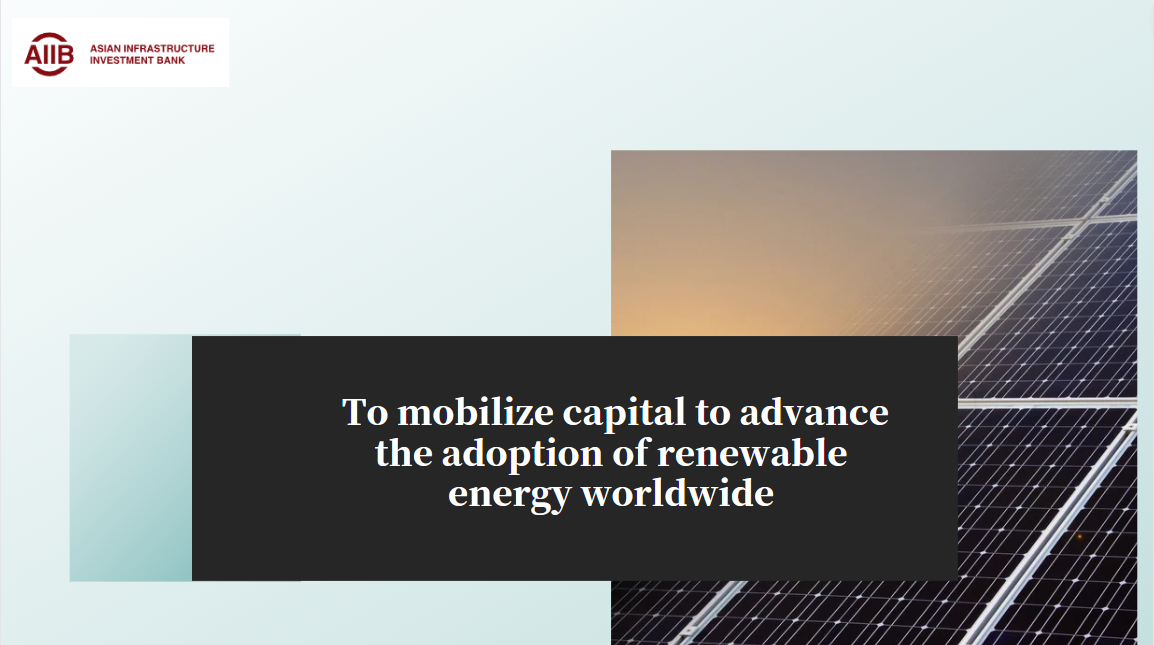Special bureau set up to boost private sector
China has set up a special bureau within the National Development and Reform Commission to promote the development of the private economy, and has pledged a series of detailed supporting steps to bolster the sector, said officials from the nation's top economic regulator and several ministries on Monday.
The new private economy development bureau will be responsible for coordinating and drafting policies in the sector and promoting the development of private enterprises both domestically and internationally, said Cong Liang, deputy head of the NDRC, at a news conference.
Cong said, "It is a powerful initiative ... as promoting the development of the private economy is a systematic and big project that involves various entities, policies and working procedures."
Tan Haojun, council member of the China Private Economy Research Institute, said: "China has recently introduced a series of major policies and documents to promote the private economy, creating a well-rounded macro environment for the private sector. The key lies in whether these measures can be put in place. Thus the establishment of such a bureau has come exactly in time."
China's private sector, which is responsible for 60 percent of the country's GDP and 80 percent of new urban jobs, has struggled to attract investment amid an economic slowdown. Data from the National Bureau of Statistics shows that between January and July this year, private investment fell 0.5 percent year-on-year, compared with a 0.2 percent year-on-year drop in the first six months.
In order to boost private investment, the NDRC said that the commission is actively encouraging private investment projects in the infrastructure sector to issue real estate investment trusts, or REITs, and has successfully recommended the first such clean energy REIT project to the China Securities Regulatory Commission.
REITs refer to owning or financing income-producing real estate across a range of property sectors. Most REITs trade on major stock exchanges, and they are likely to offer a number of benefits to investors.
"We are working hard to carry out evaluations of current applied private REIT projects covering clean energy, big data centers, consumption infrastructure and warehouse logistics, and will strive to recommend more qualified projects to the CSRC as soon as possible," the economic regulator said.
As most of the country's private companies are small and medium-sized enterprises, Xu Xiaolan, vice-minister of industry and information technology, said on Monday that the ministry will soon launch a major guideline to drive the high-quality development of little giant companies, with a series of targeted supportive measures for technological innovation, industry chains and talent introduction.
"Little giant" companies are basically innovative SMEs that own core technologies in a niche market and show great market potential.
Xu noted that among the country's 98,000 "little giant" companies at present, 95 percent are private ones. In the first seven months, the profit rate of "little giant" companies was 5.5 percentage points higher than those of major SMEs in general.
Xu Hongcai, deputy director of the China Association of Policy Science's Economic Policy Committee, said, "The country's latest efforts, along with recent guidelines and measures, directly point to the current concerns of private entrepreneurs, which will greatly stimulate market vitality and economic recovery over the long term."






















































First, please LoginComment After ~